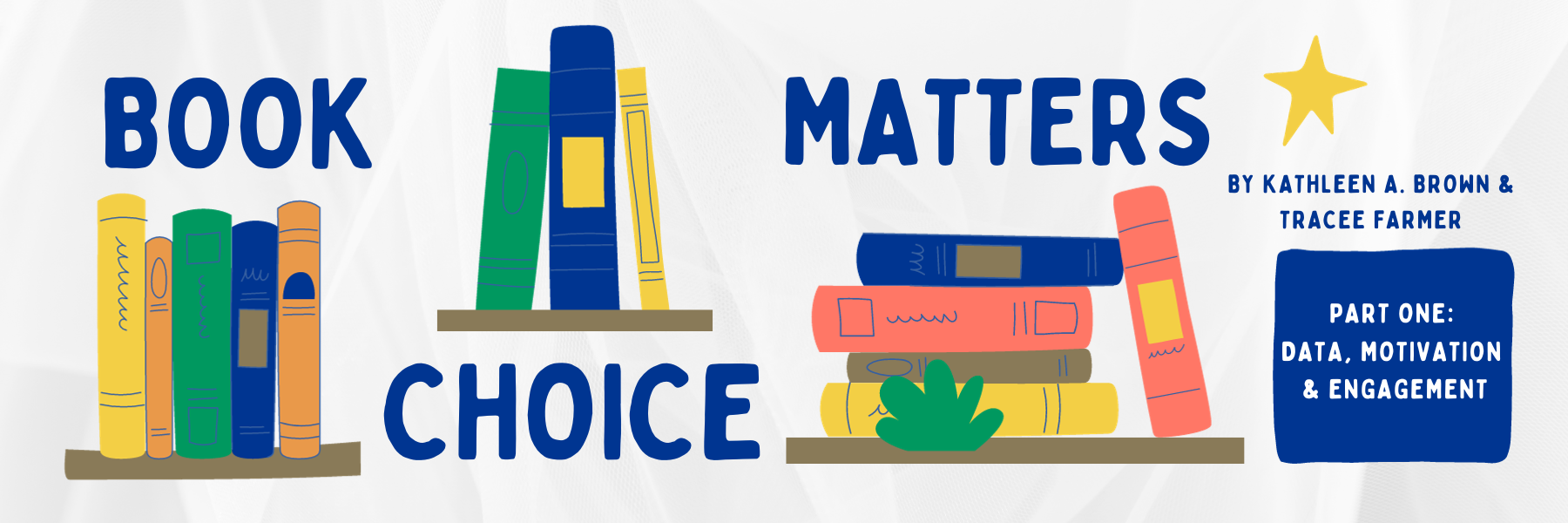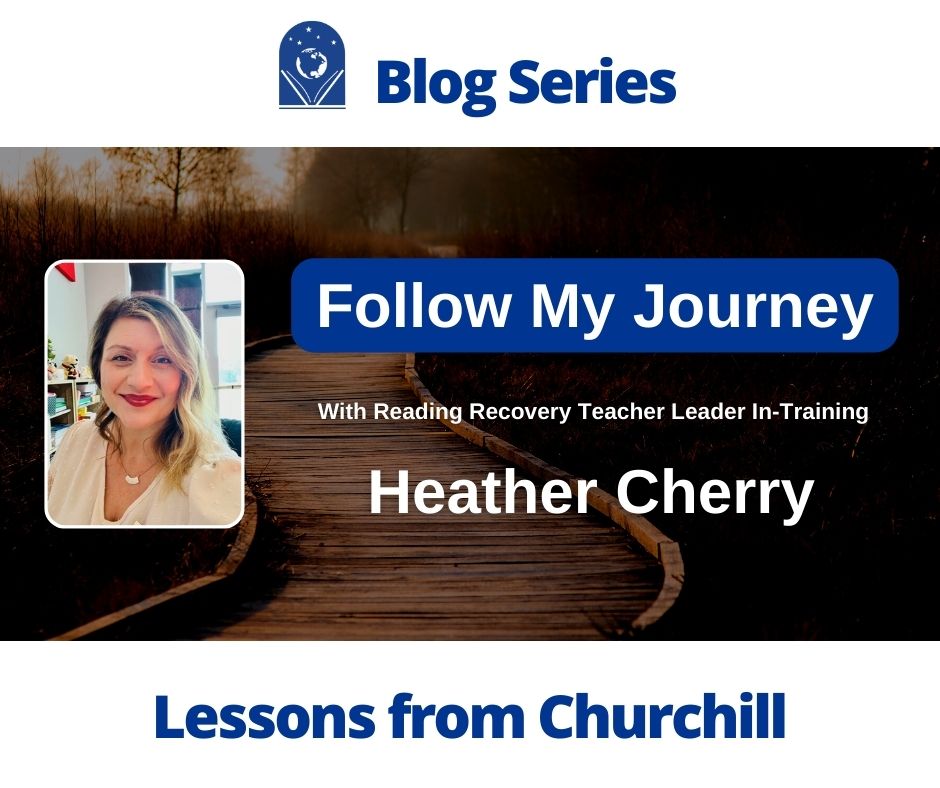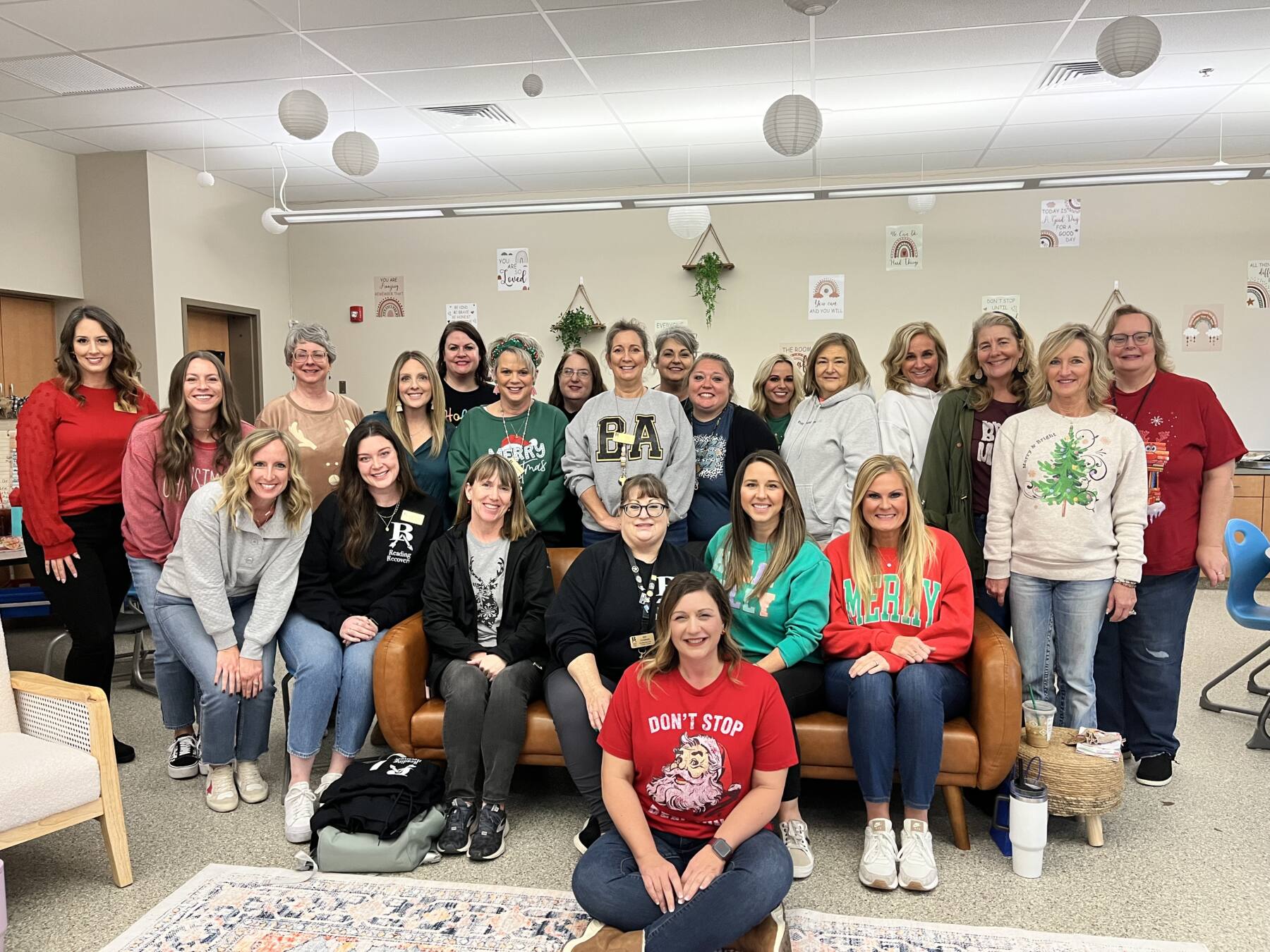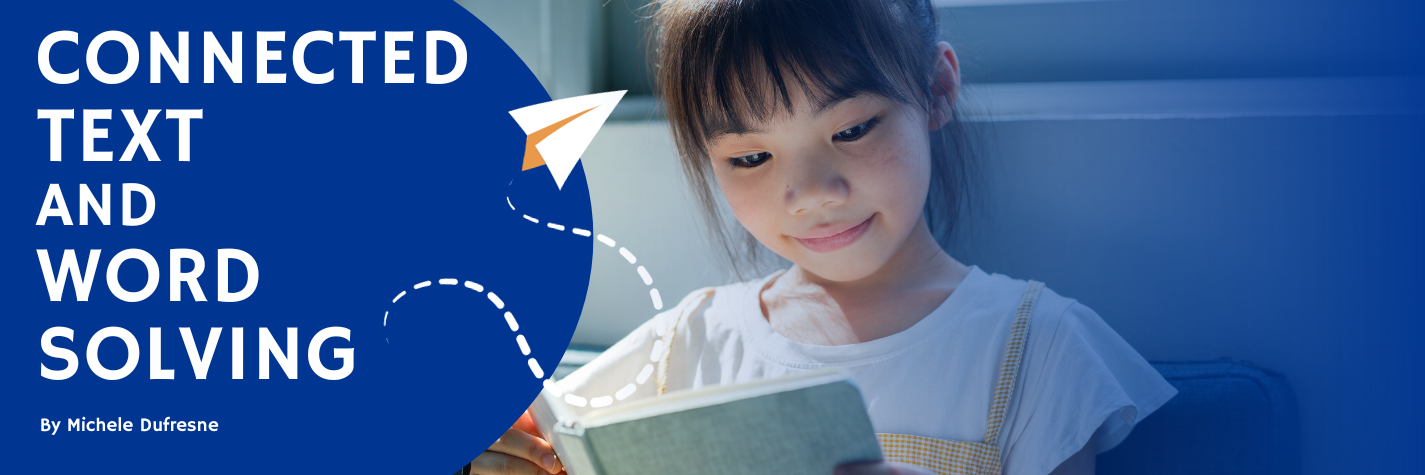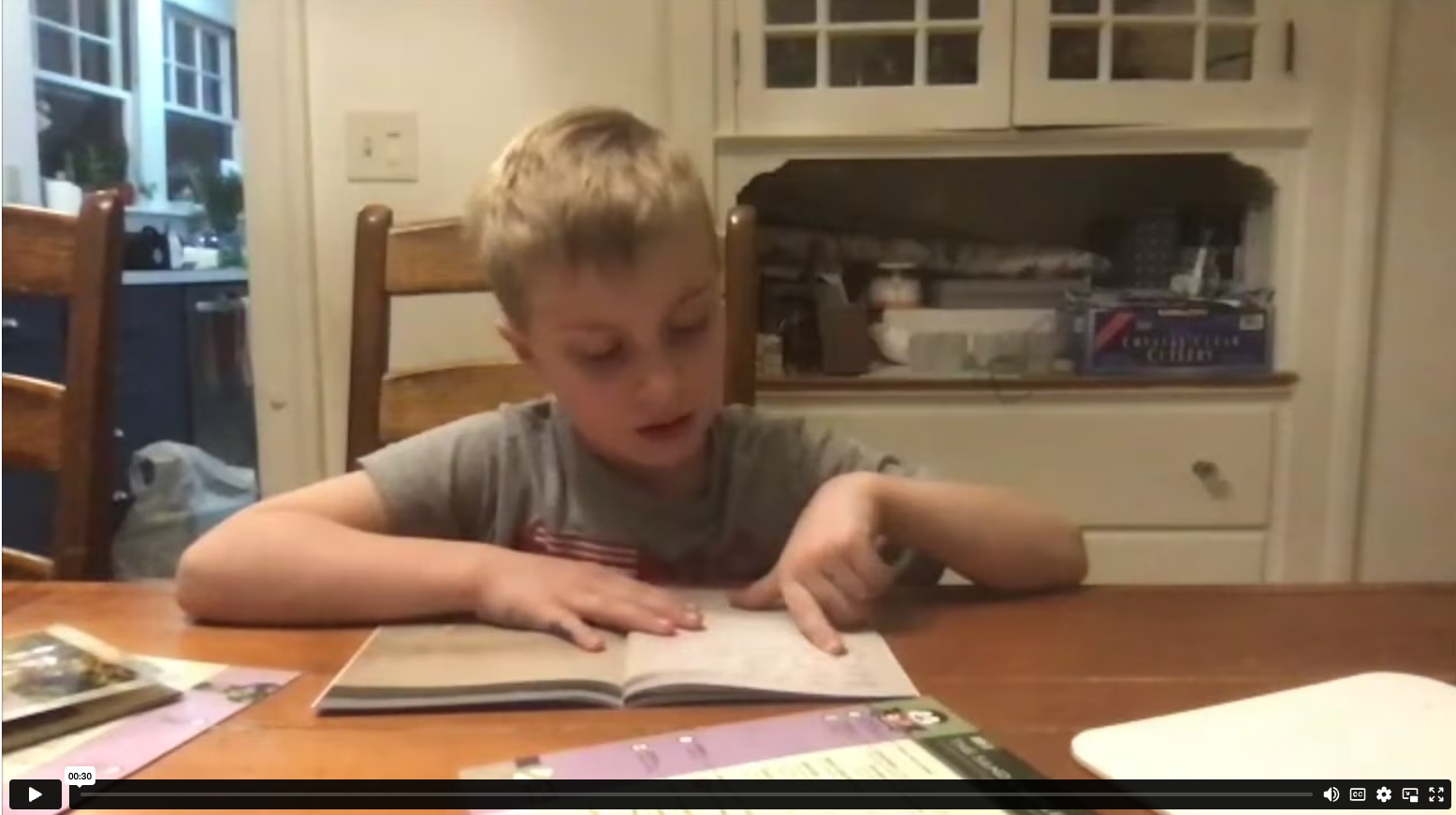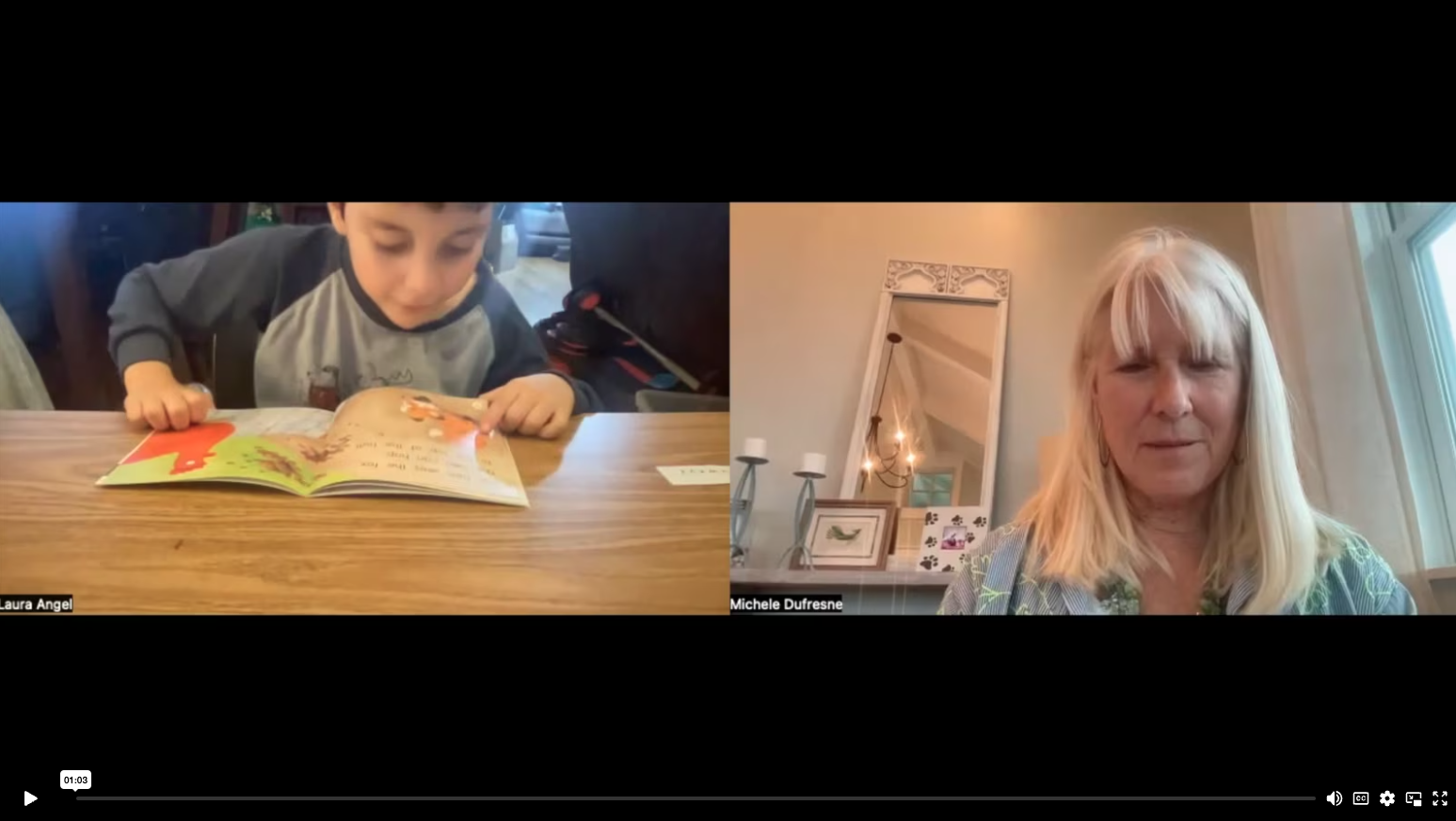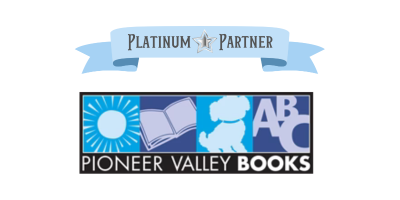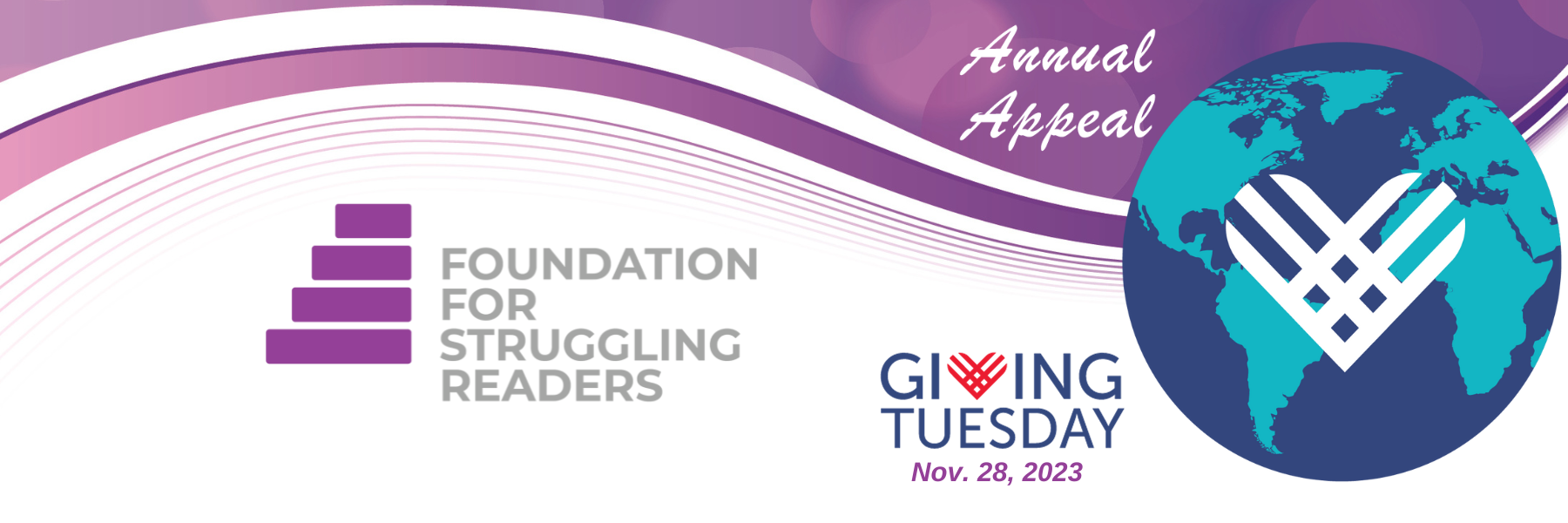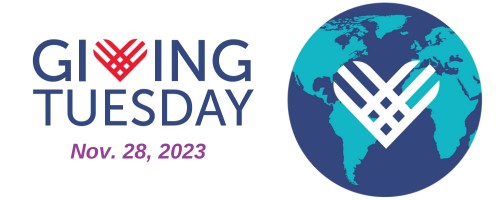Book Choice Matters Part Two: Text Variety and Lifelong Readers
In the first part of this blog, we examined the importance of using data when selecting books for an individual child and the critical role of motivation and engagement. In this installment, we will focus on the value of exposing students to various text types and the overarching goal of creating lifelong readers.
Text variety matters. Students should not be on a diet of the same type of texts or genre for an extended period of time. This will limit their growth as readers and writers. The variety of books ranges from predictable, decodable, familiar, and complex texts.
At the center of book selection is teacher decision-making. In Literacy Lessons Designed for Individuals, Marie Clay wrote, “If there is any description of progressions in literacy learning it belongs not in the activities, not in the curriculum sequence, but in the heads of teachers, and it guides their every interaction with a learner or a group of learners” (p. 44). Clay stated, “Reading Recovery teachers gain experience using little books, and learn how to select books to assist individual children to read with success. They need to have a wide range of books to choose from to select the most facilitative, highly motivating books” (p. 113).
A wide range of books may include the following:
- Familiar
- Predictable
- Decodable
- Thematic
- Dual Language
- Situational
- Multicultural
- Student Choice
- Favorite Characters
- Poetry
- Joke Books
- Question and Answer Books
- How to Books
- Recipes
- Letters
- Student Writing
- Fairy Tales and Folktales
- Informational
- Chapter Books
Teachers often select their favorite books they want students to read. You know you have your favorites, such as animal books, fairy tales, a particular series, beloved characters, etc. Admit it… However, our likes and interests may not match what the students are excited about reading. For example, the teacher may love dogs, use every dog book in her collection, and introduce those books regularly to her students. However, motivation and engagement may be affected if a student is afraid of dogs or likes cats better. Not to mention, the texts may not match the student’s literacy processing capabilities at that moment in time. It is easy to get into a rut or habit and select books you are familiar with and have had success with previously. However, a student may come along one day and… you know the rest. The child’s first reading of the new book may be challenging, with limited opportunities to improve or accelerate literacy processing. Not to mention how the student feels about themselves as a reader after struggling through the text or tackling new learning. We have the tools, training, and texts to select the just right book for the student to have a successful first reading with fluency and strong processing if we take the time to be thoughtful and intentional.
“Arrange for massive opportunities for the child to read enchantingly interesting texts, of just the right difficulty level, fluently. Vary the kinds of stories you select, to foster flexibility. Change the authors and change styles” (LLDI, p. 39) Dr. Clay advised.
It is important to note the Reading Recovery book list has recently been updated, and new titles are being added yearly to increase the variety of texts needed to meet the needs of students and their individual differences. Furthermore, Spanish-language books have now been added to the booklist, and texts are searchable by many factors.
As intervention teachers, it is imperative we prepare the Reading Recovery students to be successful not only in lessons with us but also in their classroom. That means providing them with a variety of texts, with the right amount of rigor, to help prepare them for grade-level curriculum and expectations. We must teach students to self-select texts, orient themselves to the text, read fluently and independently, and know how to grapple with the tricky parts they encounter while reading. On page 188 of LLDI, Clay mentioned that “Throughout the lesson series, the Reading Recovery teacher has progressively handed control over the reading and writing activities to the child. The aim has been to make him independent enough to succeed in the everyday practices of reading and writing in the classroom.” Arranging for diverse texts in reading and facilitating a wide range of conversations and topics in writing gives students the advantage of confidently and successfully continuing to make steady progress back in the classroom.
Reading Recovery educators have the gift of working with students one-on-one. We can customize each lesson based on our observations, data, and knowledge of the individual child. “Two kinds of learning must be kept in balance: on the one hand performing with success on familiar material strengthens the decision-making processes of the reader, and on the other hand independent problem-solving on new and interesting texts with supportive teaching extends the ability to problem-solve” (LLDI, p. 21). Book selection is critical for this type of learning to occur when choosing familiar books and a new book each day.
We also need to keep the end goal in mind — independent readers who can and want to access books to learn and enjoy for their lifetime. In Becoming Literate, Clay wrote, “Literacy activities can become self-managed, self-monitored, self-corrected and self-extending for most children, even those who initially find transitions into literacy hard and confusing” (p. 345). Our teaching has to build on the strengths of the child. We must be cognizant of what to teach, how to best meet each particular child’s needs, and when to intervene as we steadily lift the level of challenge. In Stirring the Waters (1999), John Guthrie wrote, “It seems self-evident that self-improvement is associated with the desire to be competent and the belief in one’s capacity for increasing competence” (p. 150). Simply put, competence builds confidence. As students realize they are capable, they are willing to take more risks and rely on their own abilities.
As you select books for your students, consider these questions:
- Based on your data, does this text allow the student to use what they know and provide teaching and further learning opportunities?
- Do the child’s reading and writing complexity match? Are they progressing in both?
- Is this book relevant to the child? Are they excited to read the books that you pick?
- Are you examining books that are from a variety of publishers and represent a range of genres?
If you answer no to any of the questions above, what needs to change in your planning and teaching? Who might you work with to extend your repertoire? It takes practice and continued learning to increase our ability to meet Clay’s charge to select a book that will “challenge the child’s processing system but not upset it” (LLDI, p. 113). In When Kids Can’t Read (2nd Ed.) Kylene Beers ends with a quote from a former colleague, Teri Lesene, “When we hand the right book to the right kid at the right time, then we’re taking the right steps toward creating lifelong readers” (p. 318).
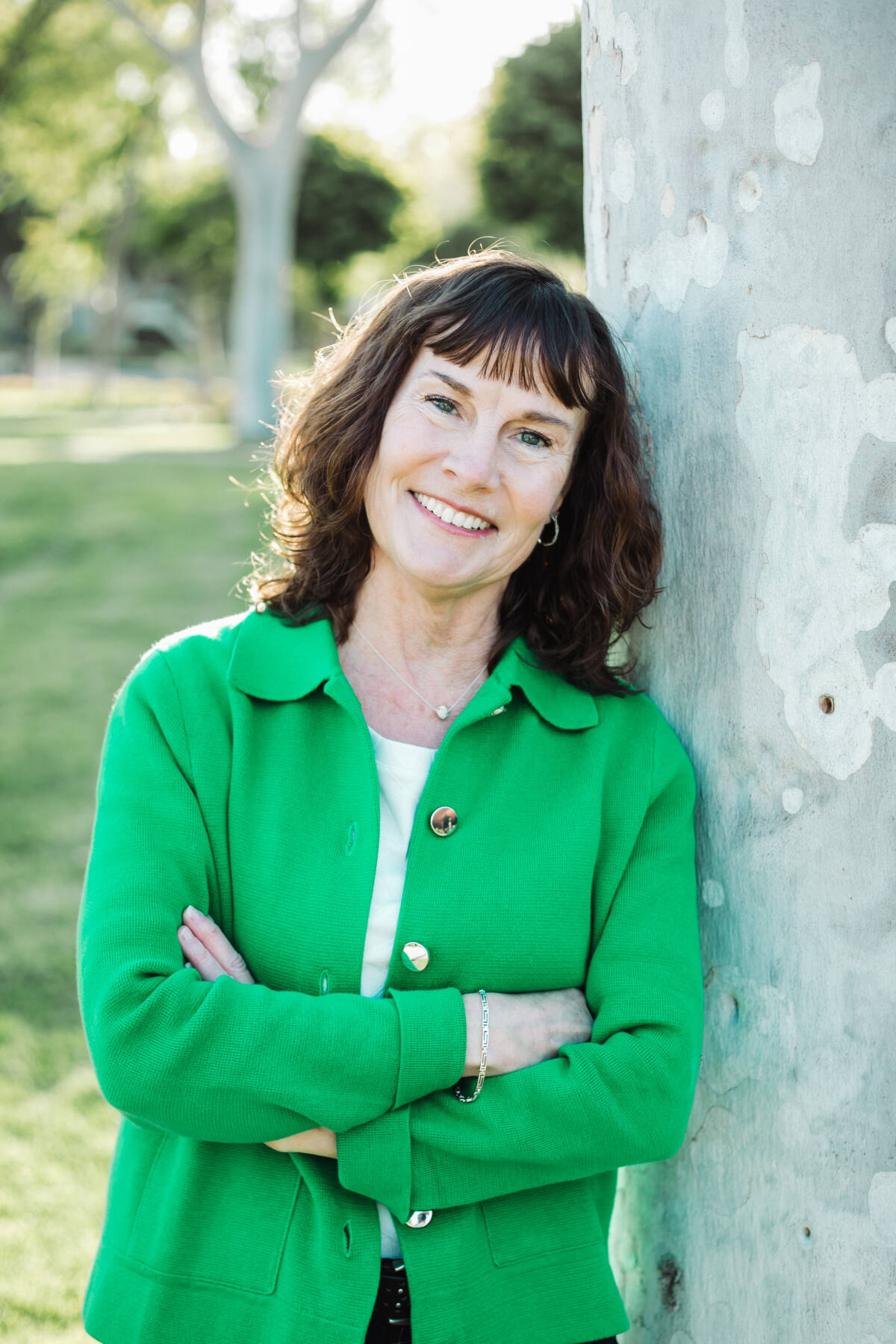 Kathleen A. Brown has worked for 37 years as a classroom teacher, literacy specialist, staff developer, and Reading Recovery teacher. She has served as the Reading Recovery teacher leader in a large urban district in California for the last 22 years. Kathleen has provided early literacy training and coaching for the district and has presented at local, state, and national conferences. Kathleen serves on the Reading Recovery Council of North America board as secretary and is affiliated with St. Mary’s College.
Kathleen A. Brown has worked for 37 years as a classroom teacher, literacy specialist, staff developer, and Reading Recovery teacher. She has served as the Reading Recovery teacher leader in a large urban district in California for the last 22 years. Kathleen has provided early literacy training and coaching for the district and has presented at local, state, and national conferences. Kathleen serves on the Reading Recovery Council of North America board as secretary and is affiliated with St. Mary’s College.
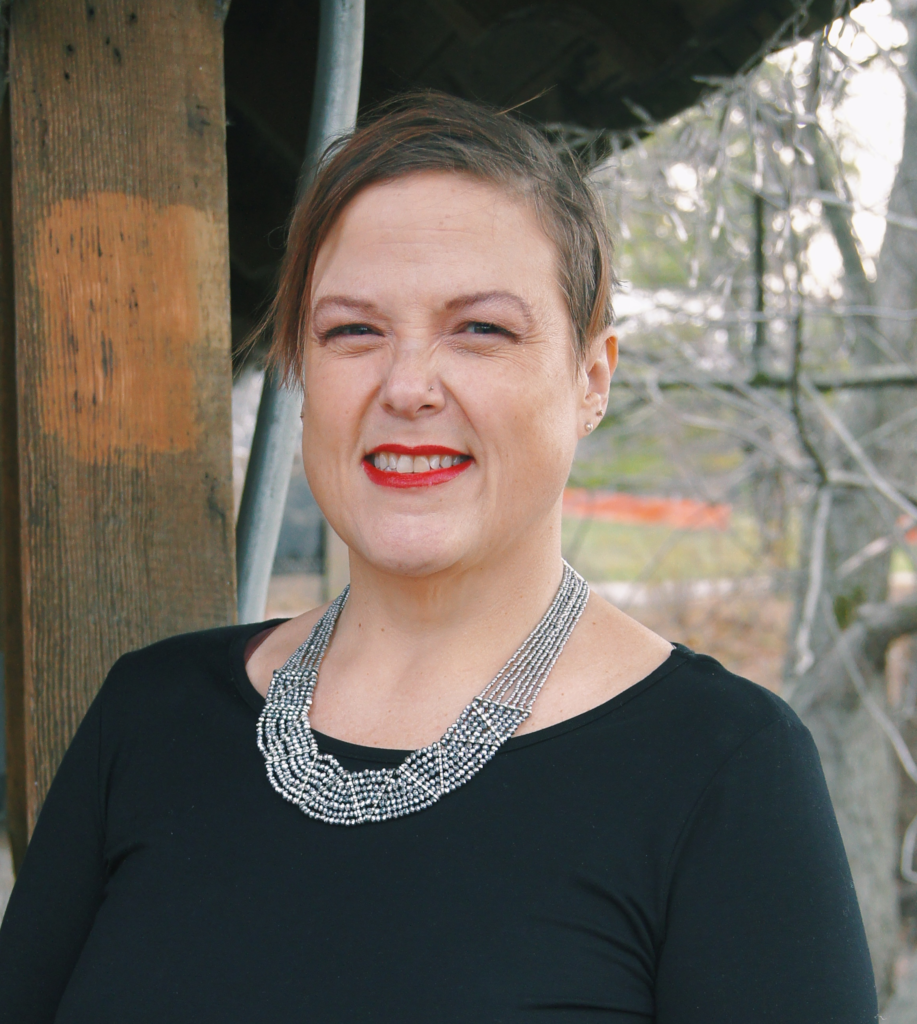
Dr. Tracee Farmer is a Reading Recovery Trainer and Partnerships in Comprehensive Literacy Trainer at National Louis University. Tracee has been in education for 30 years. In addition to her work in Reading Recovery, Tracee taught 1st-3rd grades, K-5 special education, small group interventions, and was a literacy coach.
References:
Afflerbach, P. (2022). Teaching readers (not reading): Moving beyond skills and strategies to reader-focused instruction. Guilford Publications.
Beers, G. K. (2023). When kids can’t read, what teachers can do: A guide for teachers, grades 4-12. Heinemann.
Clay, M. M. (2015a). Becoming literate: The construction of inner control (Rev. ed.). Portsmouth, NH: Heinemann.
Clay, M. M. (2016). Literacy lessons designed for individuals (2nd ed.). Portsmouth, NH: Heinemann.
Clay, M. M. (2019). An observation survey of early literacy achievement (4th ed.). Portsmouth, NH: Heinemann.
Ferlazzo, L. (2023, February 1). Gholdy Muhammad champions “unearthing joy” in her new book (opinion). Education Week. https://www.edweek.org/teaching-learning/opinion-gholdy-muhammad-champions-unearthing-joy-in-her-new-book/2023/02
Guthrie, J. T. (1999). The young reader as a self-extending system: Motivational and cognitive underpinnings. In J. S. Gaffney & B. J. Askew (Eds.), Stirring the waters: The influence of Marie Clay (pp. 149-164). Portsmouth, NH: Heinemann.


